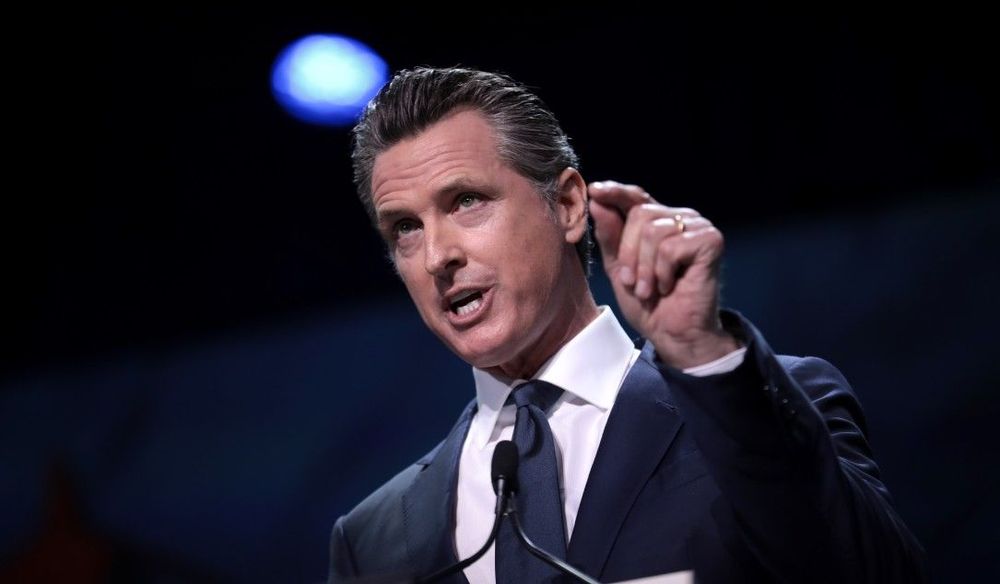California enacts laws regulating use of deepfakes in election ads
California Gov. Gavin Newsom on Tuesday signed three bills designed to limit the impact of deepfakes used to sway elections.
The issue has been drawing increasing scrutiny as incidents have surged. In July, Elon Musk retweeted a fake Kamala Harris campaign video ad which altered Harris’s voice to trick listeners into believing she called President Biden senile and herself incompetent, an incident Newsom called out on Musk's social media platform, X, at the time.
Arguably the most significant of the newly enacted measures is a bill which mandates that large online platforms delete or label deepfake ads focused on elections in a specific timeframe running up to voting day.
That legislation also requires the platforms to design features which easily allow users to report deepfake content and authorizes candidates, election officials, elected officials, the state’s Attorney General and district attorneys to obtain court orders to challenge online platforms failing to follow the law.
Newsom also signed a similar law broadening the time frame during which deepfakes can be shared flanking an election and a second additional law mandating that election ads say whether they contain content made with AI.
The issue appears to be one Newsom prioritizes. After Musk’s July retweet of the deepfake Harris video, Newsom posted on X that ads doctoring candidate voices should be outlawed.
“Manipulating a voice in an ‘ad’ like this one should be illegal,” Newsom wrote. “I’ll be signing a bill in a matter of weeks to make sure it is.”
The legislator who sponsored the bill which requires very large platforms to do more to stop deepfakes said he believes they endanger democracy when used to influence elections and called his legislation a “first-in-the-nation” attempt to take on the problem.
“Advances in AI over the last few years make it easy to generate hyper-realistic yet completely fake election-related deepfakes, but AB 2655 will ensure that online platforms minimize their impact,” California Assemblymember Marc Berman said in a statement.
Newsom’s decision to pass the measures into law is particularly notable given that California is home to the majority of the country’s AI companies.
The press release announcing Newson’s decision to sign the bills into law noted that the state partnered last month with the artificial intelligence company NVIDIA to launch a “first-of-its-kind AI collaboration, and earlier hosted an AI summit convening leaders from across technology, labor, government, and academia to discuss how the technology can be used to benefit Californians.”
Suzanne Smalley
is a reporter covering digital privacy, surveillance technologies and cybersecurity policy for The Record. She was previously a cybersecurity reporter at CyberScoop. Earlier in her career Suzanne covered the Boston Police Department for the Boston Globe and two presidential campaign cycles for Newsweek. She lives in Washington with her husband and three children.



